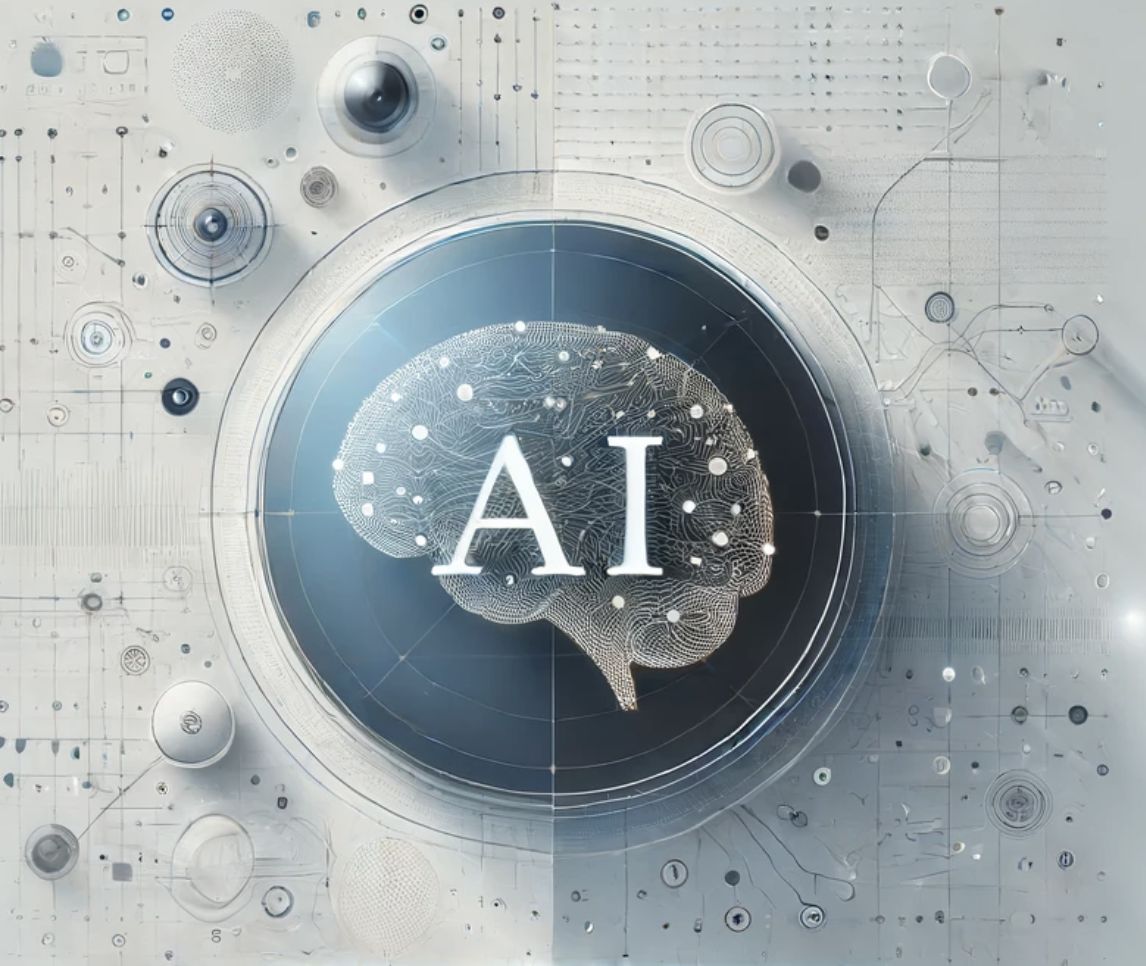AI in Transportation: An In-Depth Exploration

Introduction
Overview of AI's Influence on Transportation
Artificial Intelligence (AI) is revolutionizing the transportation industry by enhancing the efficiency, safety, and reliability of various modes of transport. AI technologies, such as machine learning, computer vision, and natural language processing, are being integrated into transportation systems to optimize traffic management, improve logistics, and enable autonomous vehicles, transforming the way we move goods and people.
Historical Context and Development
The integration of AI in transportation began in the late 20th century with early experiments in autonomous vehicles and traffic management systems. Over the years, advancements in AI algorithms, sensor technologies, and data processing capabilities have accelerated the adoption of AI across the transportation sector. Today, AI is a critical component of modern transportation systems, driving innovation and improving operational efficiency.
Autonomous Vehicles
Self-Driving Cars
Self-driving cars, powered by AI, use a combination of sensors, cameras, and machine learning algorithms to navigate and make decisions in real-time. These vehicles can detect and respond to obstacles, interpret traffic signals, and follow navigation routes with minimal human intervention. The development of self-driving technology has the potential to significantly reduce traffic accidents, improve fuel efficiency, and enhance mobility for individuals who are unable to drive.
Drones and Delivery Robots
AI-powered drones and delivery robots are transforming the logistics and delivery industry by enabling faster, more efficient, and cost-effective transportation of goods. These autonomous systems use AI algorithms to plan optimal delivery routes, avoid obstacles, and ensure timely delivery. The adoption of drones and delivery robots is expected to streamline last-mile delivery operations and reduce the environmental impact of traditional delivery methods.
Traffic Management
Intelligent Traffic Systems
Intelligent traffic systems leverage AI to monitor and manage traffic flow in real-time. By analyzing data from traffic cameras, sensors, and connected vehicles, AI algorithms can optimize traffic signals, predict congestion, and provide real-time traffic updates to drivers. These systems improve traffic efficiency, reduce travel times, and minimize emissions by preventing bottlenecks and ensuring smoother traffic flow.
Predictive Maintenance
Predictive maintenance, powered by AI, involves monitoring the condition of transportation infrastructure and vehicles to predict and prevent potential failures. AI algorithms analyze data from sensors and historical maintenance records to identify patterns and anomalies that indicate impending issues. This proactive approach allows transportation authorities to address maintenance needs before they become critical, enhancing safety and reducing downtime.
Logistics and Supply Chain
Route Optimization
AI is revolutionizing logistics by optimizing delivery routes to minimize travel time and fuel consumption. Machine learning algorithms analyze traffic patterns, weather conditions, and delivery schedules to determine the most efficient routes for transportation vehicles. This optimization reduces operational costs, improves delivery times, and enhances overall logistics efficiency.
Warehouse Automation
Warehouse automation, driven by AI, involves the use of autonomous robots and AI-powered systems to manage inventory, fulfill orders, and streamline warehouse operations. These systems can identify and retrieve items, pack orders, and manage inventory levels with high accuracy and efficiency. By automating repetitive tasks, AI-powered warehouse systems increase productivity and reduce labor costs.
Challenges and Regulatory Issues
Safety and Reliability
The deployment of AI in transportation raises significant safety and reliability concerns. Ensuring that autonomous vehicles and AI-powered systems operate safely and consistently in diverse conditions is critical. Rigorous testing, validation, and continuous monitoring are essential to address these challenges and build public trust in AI-driven transportation solutions.
Regulatory Frameworks
The integration of AI in transportation requires comprehensive regulatory frameworks to ensure safety, security, and ethical considerations. Governments and regulatory bodies must establish guidelines for the development, testing, and deployment of AI technologies in transportation. These frameworks should address issues such as data privacy, liability, and accountability to create a supportive environment for innovation while protecting public interests.
Conclusion
AI is transforming the transportation industry by enhancing the efficiency, safety, and reliability of various modes of transport. Through the development of autonomous vehicles, intelligent traffic systems, and optimized logistics, AI is revolutionizing the way we move goods and people. However, addressing safety, reliability, and regulatory challenges is crucial for the successful and sustainable implementation of AI in transportation. As technology continues to evolve, AI will play an increasingly vital role in shaping the future of transportation, driving innovation and improving the quality of life for people around the world.
References
- Goodfellow, I., Bengio, Y., & Courville, A. (2016). Deep Learning. MIT Press.
- LeCun, Y., Bengio, Y., & Hinton, G. (2015). Deep learning. Nature, 521(7553), 436-444.
- Thrun, S. (2010). Toward Robotic Cars. Communications of the ACM, 53(4), 99-106.
- Litman, T. (2020). Autonomous Vehicle Implementation Predictions: Implications for Transport Planning. Victoria Transport Policy Institute.
- McKinsey & Company. (2019). The future of automated freight transport: How automation is reshaping logistics. McKinsey & Company.